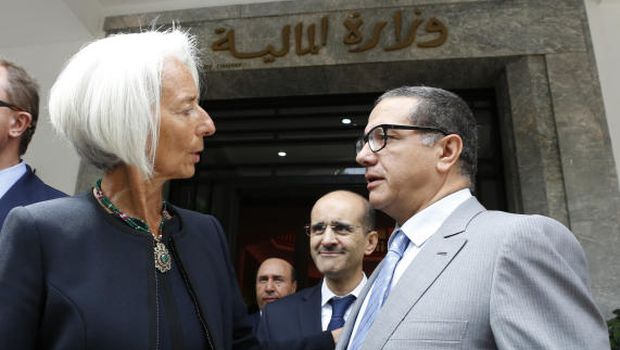I recently had a chat with an Arab political economy expert about the challenges facing many Arab societies where uprisings and revolutions have changed political regimes. The sweeping changes have increased the public’s expectations in these countries—but they have yet to give people much hope that anything real will be achieved. The expert told me that while economic reform is necessary and inevitable, no politician will be able to successfully contest elections with only promises of reform. While people approve of political changes, any talk of economic reforms does not appeal to the public.
The reason for this is that economic reform is often associated—and this is true worldwide, not just in the Arab region—with austerity measures, privatization, selling underperforming state companies, laying people off, and restructuring the job market. Economic reform is also often associated with reducing state subsidies on goods and services, and even if at their best these measures are undertaken with a mind to supporting the poor at the same time, subsidies also affect the better off. Most governments know this, and still many have suffered political setbacks in the aftermath of reforms they introduced in response public protests and social tensions.
This dilemma was reflected in speeches delivered at the “Building the Future: Jobs, Growth and Fairness in the Arab World” conference recently held in Amman, Jordan. The head of the International Monetary Fund (IMF), Christine Lagarde, called on governments to review spending, fix ailing subsidy programs, and tackle soaring debt, in order to achieve greater justice and solid growth. In what seemed like a response from the Arab region to the IMF’s stock proposals, Jordanian Prime Minister Abdullah Ensour urged the IMF to reconsider its policies, pointing out the difficulty of achieving economic growth and addressing unemployment with limited resources and an overstretched budget.
The IMF’s recipe, which is based on introducing economic growth through decreasing budget deficits and making debts proportionate to public resources, is correct. But it has still earned a bad reputation among people in developing countries. The reforms the IMF suggests come attached to those unpopular austerity measures, and so we have seen governments drag their feet about implementing the IMF’s plan due to the political risks. In many cases, governments had to either abandon such reforms halfway through the process due to public pressure or manipulate them in a way that weakened their effect. The Jordanian prime minister’s remarks underline a further obstacle, given that most of the governments that have to implement the IMF policies suffer from budgets pinched by disproportionately high spending on employees’ salaries and subsidies. Spending money on those these things, as we might predict, prevents the state from investing in infrastructure and other such projects.
In the 1990s and 2000s many developing countries found a way to avoid dependence on funding from international private financial institutions, largely due to the flush market and low interest rates. This continued until 2008 when, as we know, several major financial institutions collapsed and the EU suffered a shock of its own. That crisis diminished available sources of funding in the financial markets, which had an impact on many developing countries, including those in the Arab world. In the end, the financial crisis made it harder for those swept up in the 2011 transformations to introduce reforms.
What is the solution, then? Experience shows that the countries that managed to find a way out of this impasse came up with their own innovative solutions. They introduced economic and government reforms, doing everything they could to attract investments that create new jobs and slash unemployment rates. After all, unemployment is one of the most serious threats to the political stability of any society, and remedying it and its attendant economic concerns requires political skill and a sense of economic realism.
